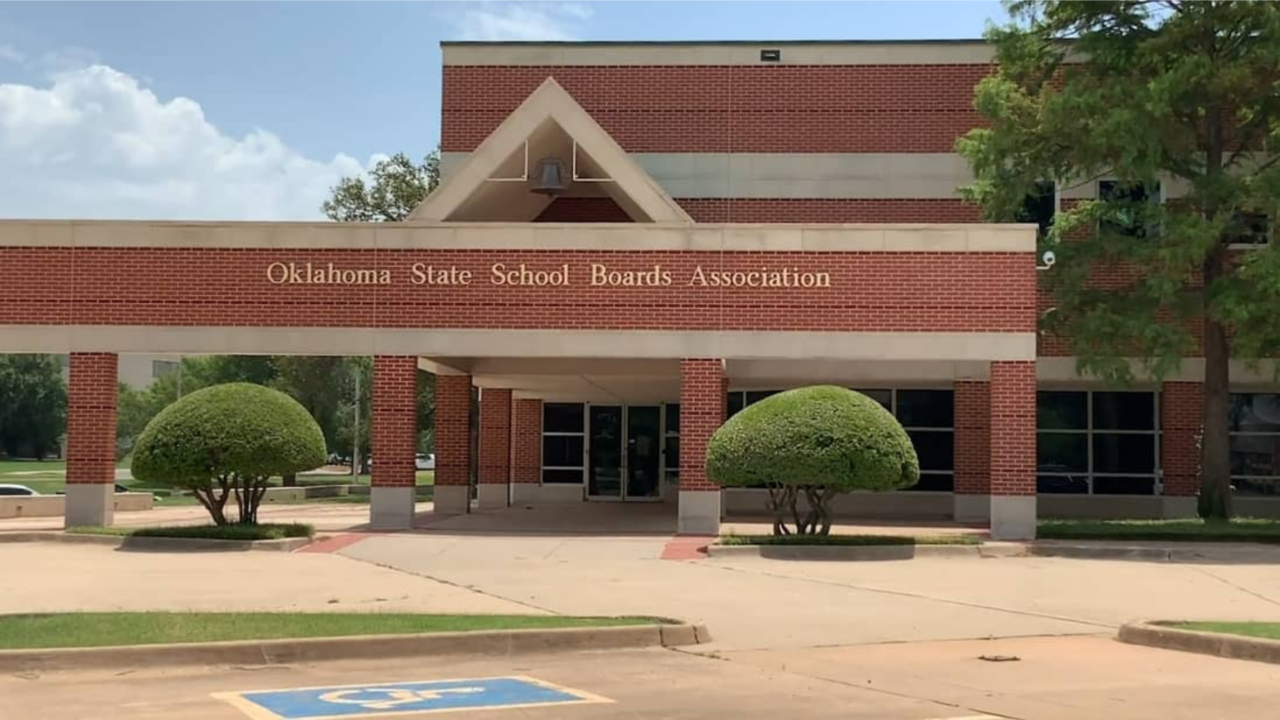
Oklahoma State School Boards Association offers teaching resources that promote “racial equity” to educators (including a series for preschoolers that denounces the concept of racial equality and suggests only white individuals can be racist)
Incidents
On January 5, 2022, the Oklahoma Council of Public Affairs reported that the Oklahoma State School Boards Association (OSSBA) offers a digital resource library with resources for educators to teach “racial equity” in classrooms. The report added that this resource library “includes a ‘Racial Equity and Justice Initiative Challenge to Change Series’ for students as young as pre-K that denounces the concept of racial equality and suggests only white individuals can be racist.”
Several documents offered in the digital resource library are titled “Taking Action on Racial Equity and Justice.” One document is a discussion guide that pushes “environmental justice.” The document explains that “creating a better world through environmental justice is a great way to ensure that Indigenous populations, people of color, and those living in poverty aren’t disproportionately impacted by environmental issues.”
The document also includes links to other organizations that promote teaching “equity” and “social justice” in classrooms, such as Learning for Justice and Common Sense Media. Learning for Justice is an organization known for pushing educators to implement political ideology into their classrooms. The organization created the “Social Justice Standards” for educators. Learning for Justice outright states that the standards were created so that “students will make principled decisions about when and how to take a stand against bias and injustice in their everyday lives and will do so despite negative peer or group pressure.” The organization also advocates for teaching young children about gender identity by stating that “studies show that children of any age are able to understand that there are more than two gender categories when the concept is explained to them in a simple, age-appropriate manner.”
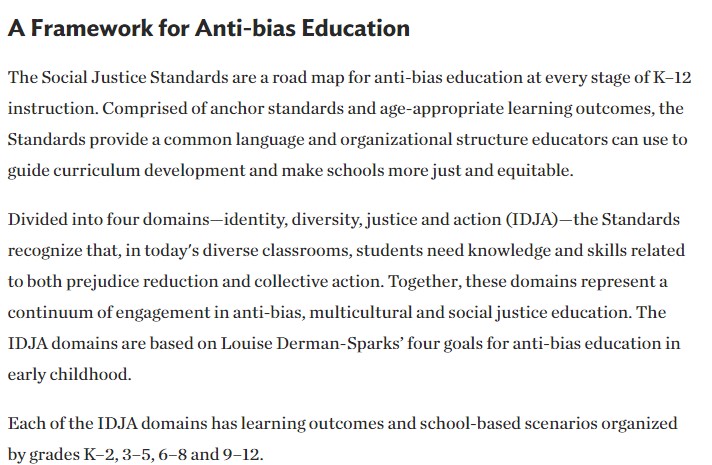
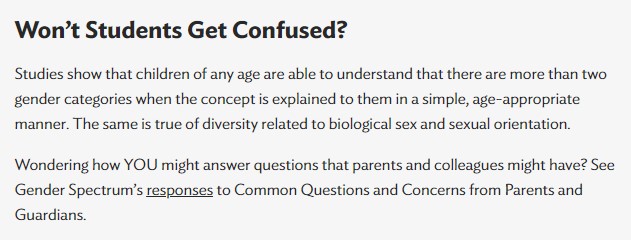
The document’s link to Common Sense Media goes to the organization’s resources focusing on “race and racism.” Common Sense Media states that it compiled “articles and lists of media recommendations to help parents, educators, and others spark important conversations.” One resource offered by Common Sense Media is labeled “How White Parents Can Use Media to Raise Anti-Racist Kids.” This resource states that as children grow older parents should “expose them to the harsh realities of racism throughout history and through the current day.” Another resource on Common Sense Media’s page is called “Books About Racism and Social Justice.” A few of the books listed are Antiracist Baby, Not My Idea: A Book About Whiteness, and Stamped: Racism, Antiracism, and You.
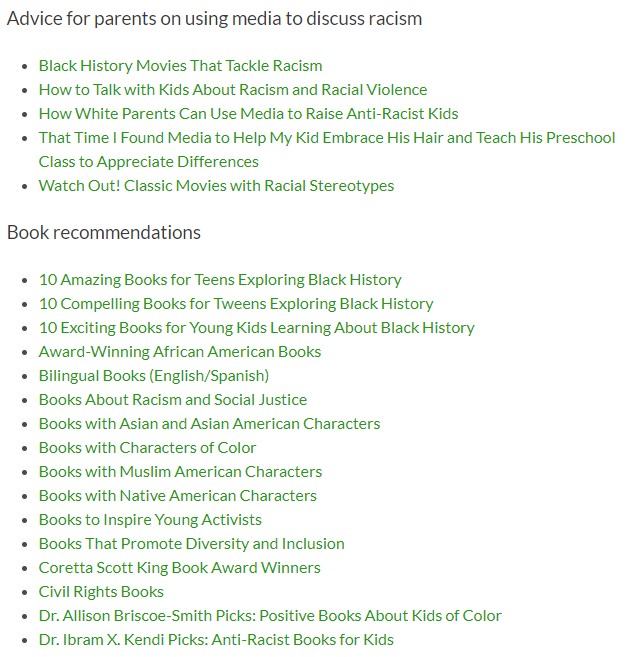

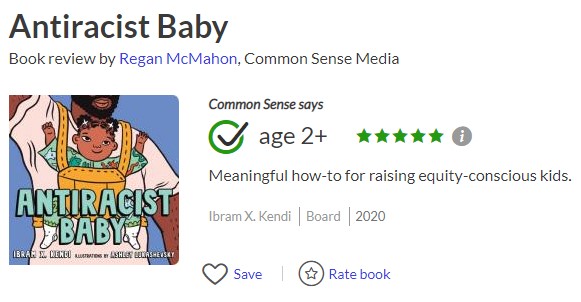
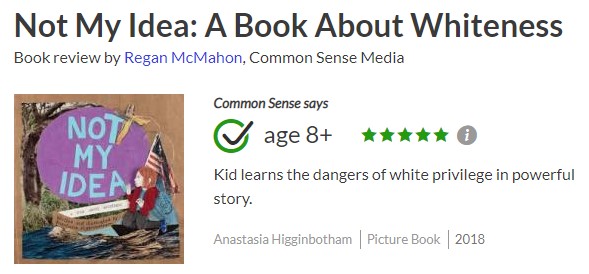
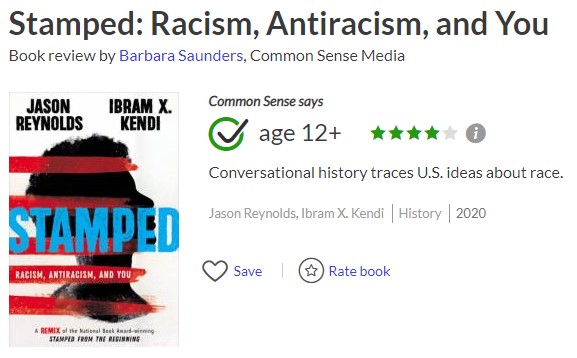
Another document from OSSBA’s digital resource library outright states that “one of the best ways to make an immediate impact” is to “expand the perspective” of students. The document includes vocabulary words such as “equity,” “racism,” and “microaggressions.” The definition for “equity” seems to attack the idea of equality. The document states that “equity recognizes that the same thing for everyone (equality) doesn’t truly address needs, and therefore, specific solutions and remedies—which may be different for different people—are necessary.”
The definition of “racism” also appears to state that it is impossible to be racist toward “white people.” The document explains that “racism is the marginalization or oppression of people of color based on a socially constructed racial hierarchy that privileges white people.” The document then describes “microaggressions” as “the everyday slights, indignities, put-downs, and insults that people of color, women, LGBTQ populations, and other marginalized people experience in their day-to-day interactions.” Some of the same resources promoted in this document are the same as the previous document from the OSSBA.
The OSSBA describes its digital resource library as “an innovative initiative to provide Oklahoma educators with high-quality, interactive teaching resources.” The organization then further explains that “Oklahoma teachers have curated the digital resources” in the resource library.

A staff attorney of the OSSBA also wrote a statement attacking Oklahoma’s House Bill 1775. The Oklahoma Council of Public Affairs reported that “House Bill 1775 prohibits Oklahoma’s K-12 schools from teaching several concepts broadly associated with Critical Race Theory, including that ‘one race or sex is inherently superior to another race or sex,’ that ‘an individual, by virtue of his or her race or sex, is inherently racist, sexist, or oppressive,’ or that individuals ‘should be discriminated against or receive adverse treatment solely or partly because of his or her race or sex.'” The Oklahoma Council of Public Affairs also reported that the bill was signed into law in 2021.
The OSSBA staff attorney wrote in his statement that “the rhetoric in support of the bill was hurtful, unnecessary, and betrayed either a lack of knowledge of or a refusal to acknowledge the lasting damage of structural discrimination.” He then appears to gleefully claim that House Bill 1775 does not “change any of the important and necessary instruction around racism and sexism already being delivered in Oklahoma schools.” He concluded by stating the idea that “certain groups lack the same opportunities as others” is “appropriate for classroom discussion”:
Further, rhetoric that the students will be convinced that “meritocracy” and “hard work ethic” are racist or sexist is misguided. Teachers generally ask students to examine not whether these are inherently discriminatory concepts, but whether the United States is a true meritocracy if certain groups lack the same opportunities as others. Thoughtful, in-depth, challenging conversations from this point of view are not prohibited by the statutory language and are appropriate for classroom discussion.
Stay Informed
